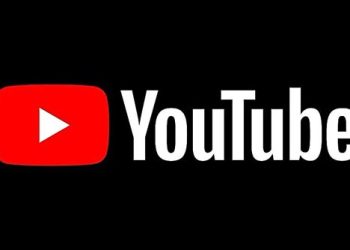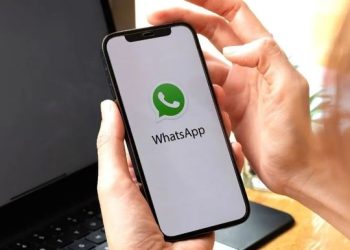Jakarta, Indonesia Sentinel — Recently, scientists from University College London (UCL) have begun testing the next generation of internet technology, the 6G. The initial results suggest that 6G could vastly outperform current 5G networks, delivering download speeds that are almost unimaginable.
According to tests conducted by the research team, led by Professor Zhixin Liu, data transmission speeds for 6G reached an astonishing 938 Gbps (gigabits per second). This speed is nearly 50 times faster than 5G’s peak rate of 20 Gbps and approximately 5,000 times faster than the 200 Mbps 5G download speeds typical for today’s smartphones.
To put that in perspective, with a download rate of 938 Gbps, users could theoretically download over twenty full-length movies in just one second.
Led by Professor Zhixin Liu, the UCL research team tapped into previously unexplored frequency spectrums to achieve this breakthrough. They utilized a combined frequency range operating between 5 GHz and 150 GHz, allowing for the extraordinary 6G speeds recorded in the tests.
The researchers combined radio waves and light to transmit data, enabling them to surpass previous speed limits. Their success relied on two key technologies: high-speed electronics and microwave photonics.
They generated signals between 5 GHz and 75 GHz using advanced digital-to-analog converters, then leveraged the higher frequencies available in the W-Band (75-110 GHz) and D-Band (110-150 GHz) to transmit data. This method allowed for the rapid and efficient flow of data, achieving the groundbreaking 938 Gbps rate.
This method creates a highly efficient system capable of supporting next-generation wireless communications. Professor Liu compared this advancement to widening a one-lane road into a ten-lane highway.
“Just as we need wider roads to accommodate more cars, we need larger bandwidth to carry more data” said Liu, quoted from Gizchina, Thursday, October 24.
Dubai Chocolate, The Viral Middle Eastern Treat Taking TikTok by Storm
While the technology is still in its experimental phase, the team is in discussions with smartphone manufacturers and network providers to bring 6G to consumers in the near future. However, widespread adoption of 6G remains a few years away. Global standards for 6G are still being drafted, and commercial rollout is not expected until 2030.
Despite the timeline, the results of these trials indicate a massive leap in internet speeds is on the horizon. The arrival of 6G will revolutionize how we use the internet, accelerating everything from personal online activities to broader public infrastructure needs.
The future of connectivity appears to be just around the corner, promising a dramatic shift in the speed and efficiency of digital communication.
(Raidi/Agung)

























